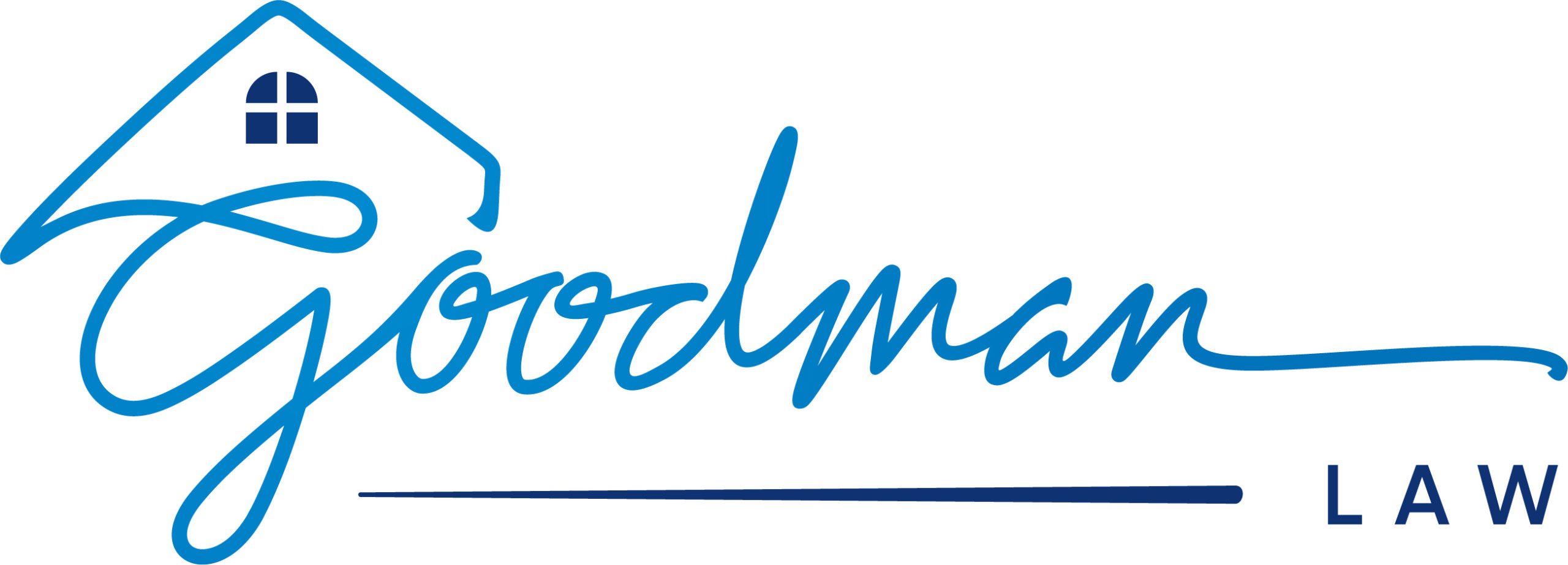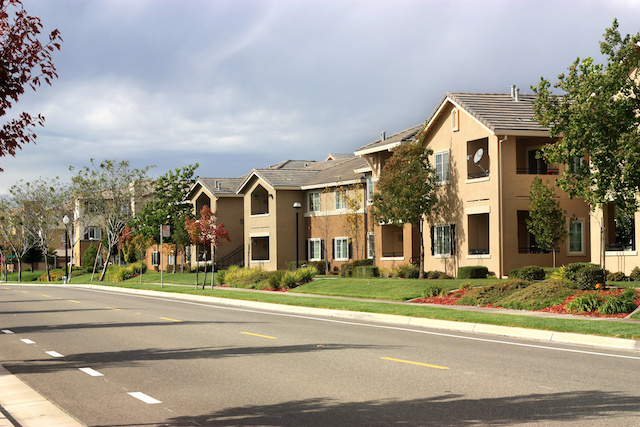A common question for new HOA board members or even for board members who have served for years but have never had to deal with a litigation threat is whether a board member can be personally liable in a suit related to his or her role as a board member. Just as in the for-profit world, a board member can indeed be personally liable, but there are a number of legal protections at a board member’s disposal and strategies to shield liability, although waiting until after a lawsuit has been filed to implement those strategies may be too late.
A Board Member’s Fiduciary Duties
By serving on an HOA board, a board member takes on a number of legal duties with respect to the HOA. The specific natures of these duties will be spelled out by your state’s particular business laws, but, across states, board members generally have a duty to place the interests of theHOA above their own interests in how they carry out their responsibilities. This means using reasonable care in running the HOA, only acting within the scope of authority granted by the HOA’s internal bylaws, and dealing with the HOA in good faith.
Where HOA board members can get in trouble and thus become legally liable is where they violate these duties. For example, using HOA funds in a manner that is outside the scope of authority granted to the board member or entering the HOA into contracts with the board member’s own business in bad faith might lead to a lawsuit against that board member. Board members are thus encouraged to work with counsel in addressing whether certain actions potentially violate board members’ duties.
Limiting Personal Liability for HOA Board Members
Even where a board member has violated a fiduciary duty, there may be a number of protections to shield that member from personal liability in a lawsuit. Some state laws, recognizing the fact that HOA board members are often volunteers, will limit the personal liability of a board member in a lawsuit (although the HOA itself can still be liable).
The governing documents of the HOA, including the HOA by bylaws, may also contain provisions which say that the HOA will indemnify board members in matters of personal liability by providing reimbursement for legal expenses. These provisions, however, are often written in a way to exclude certain types of behavior or actions from being eligible for these protections such as willful, intentional, or reckless behavior. It is not unusual for there to be legal battles over whether a certain action fits within the exclusion (e.g., the board member acted recklessly in taking an action and thus should not be reimbursed for legal expenses related to that action) or is outside of the exclusion. Similarly, the HOA may carry insurance which protects HOA board members from personal liability, but accessing the protections of this coverage also may subject to exclusionary language.
Related: Injuries on Property to Non-residents
HOA board members are, of course, encouraged to work with experienced outside HOA counsel to determine what personal liability protections are in place within the HOA’s governing document before a lawsuit arises.
Work With an HOA Lawyer in Handling all HOA Legal Matters
At Goodman Law Group, our sole focus is on meeting the legal needs of HOAs, including creating and implementing HOA policy and responding to homeowner concerns. Contact us today to discuss any legal challenge your HOA is facing.

